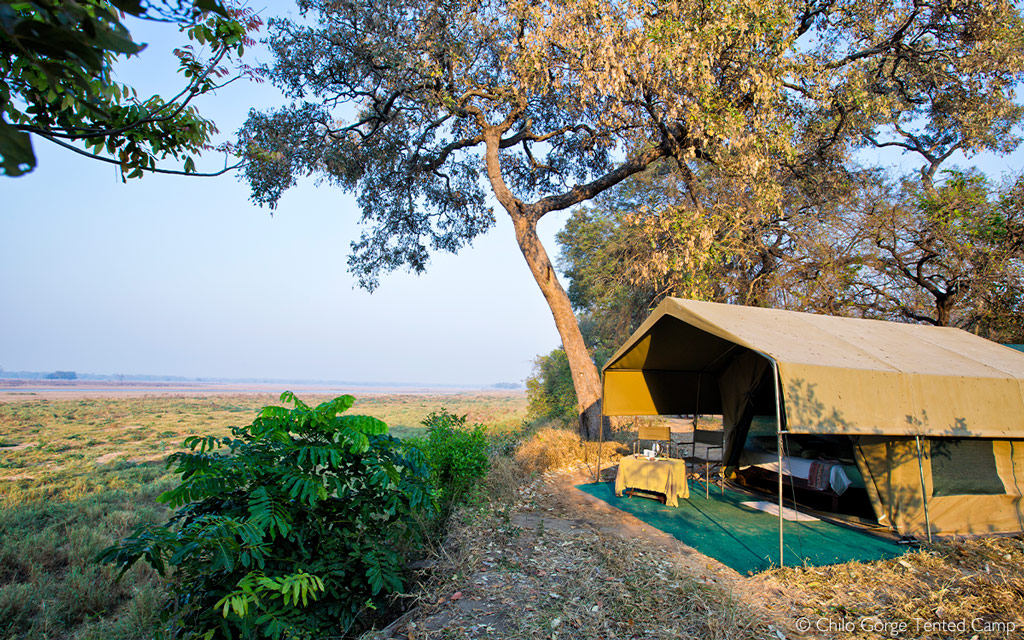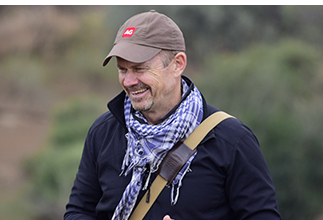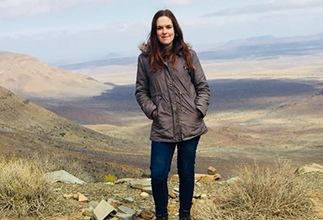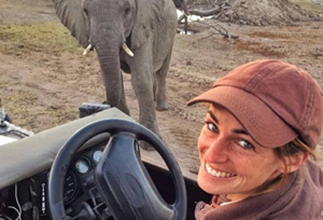
This is a copy of our weekly email newsletter. Subscribe here to receive the newsletter.
Best photos + stunning sundowner spots + new hunting quotas

South Africa has used specific scientific inputs to justify hunting quotas of 10 leopards, 10 black rhinos, and 150 elephants for this year. Some CONTEXT that shines a light on dubious ’science’ being applied by our Minister:
1. LEOPARDS (10): Zero hunting quotas were issued in 2016 & 2017 because SA’s scientific authority declared that the number of leopards in the country was UNKNOWN and that trophy hunting posed a high risk to the survival of the species. Seven quotas were granted in 2018, despite significant reductions in leopard populations – including in the provinces now deemed to have ‘stable or increasing’ populations, according to Minister Creecy. Fast forward to 2022, and the quota has increased to ten leopards thanks to ‘robust data’.
2. BLACK RHINOS (10): The Minister openly declares that South Africa has 2,000 black rhinos – to justify hunting ten (0,5%). And yet she refuses, for security reasons, to divulge how many rhinos remain in our national parks after rampant poaching. So each year, we have to dig that information up.
3. ELEPHANTS (150): She is silent on how many large-tusked elephants remain in South Africa – the favoured target for trophy hunters. Most of the 150 elephants will likely be hunted on the privately and community-owned reserves on the western border of Kruger National Park (there is no fence).
#украина

Simon Espley – CEO, Africa Geographic
From our Editor

There is balance in nature, but it’s not a pleasing, harmonious equilibrium. It’s struck through a never-ending ebb and flow. A win here, a desperate loss there. It’s not always pretty to watch. It can unfold in scenarios unsettling for even the most hardened conservationist. I can’t stop thinking about Shafeeq Mulla’s Photographer of the Year entry for this week: an infant vervet monkey clings to the lifeless body of its mother, clutched in the jaws of a leopard. Its fate hangs in the balance – a downbeat in the rhythm of the wild. Just one of many breathtaking photos in this week’s selection in our third story below.
I’m intrigued by the superstitions surrounding ground-hornbills – the bringers of rain and thunder – and how this translates, in some cases, to the fierce protection of these birds, and in others to their persecution. Read more about these iconic birds in our first story below.
Oh, to dig my toes into the sands of an unspoiled beach on the shores of Lake Malawi, cocktail in hand, as fishermen on mokoros drift by to beat the setting sun. Our selection of the top 10 sundowner spots in Africa in our second story will have you itching to escape on your next safari.
Happy indulging in Africa to you all.

From our Scientific Editor

Did you know that some bats like to roost in pit latrines? The industrious microbes working away on the objectionable contents generate heat, creating a cosy (if pungent) place for the bats to hide. The additional protection of the concrete slab also keeps predators at bay, ensuring a good day’s sleep for the toilet’s residents. The only thing they have to worry about is the occasional anthropogenic interruption.
A chance in-situ encounter with one such surprised bat (combined with the realisation that this phenomenon was absent from scientific literature) inspired further research. The findings were recorded in the African Journal of Ecology in a paper entitled “Like a bat out of hell“.

Story 1
https://africageographic.com/stories/southern-ground-hornbill-africas-rara-avis/
CHARISMATIC THUNDERBIRDS
The southern ground-hornbill is an endangered species that marks the dawn chorus with its haunting call
Story 2
https://africageographic.com/stories/africas-10-most-sublime-sundowner-spots/
SUNDOWNER, ANYONE?
We reveal our top 10 sundowner spots in Africa – best enjoyed with exotic cocktails and snacks
Story 3
https://africageographic.com/stories/photographer-of-the-year-2022-weekly-selection-week-4/
STUNNING PHOTOS
The fourth weekly selection of entries for Photographer of the Year 2022 is out now
 TRAVEL DESK UPDATES:
TRAVEL DESK UPDATES:
The 2022 safari booking season has kicked off with a vengeance, and Africa’s wild places will once again soon be blessed with travellers – although still at lower volumes than prior to Covid. So if you have not yet booked your next safari with us, consider these gems:
Desert & delta safari – 11 days traversing the Okavango Delta, Chobe and Nxai Pan national parks (Botswana) and Victoria Falls (Zimbabwe). Mid-range and luxury itineraries available.
Our CEO’s choice. This is one for the experienced traveller wanting to do something completely different; a complete break from the clutter of modern-day life and Covid-era stresses. Search for lowland gorillas, bongos, forest elephants, dwarf crocodiles and flocks of grey parrots in the jungles and bais of the Odzala-Kokoua National Park in Congo.
And finally, this I-want-to-be-there video from The Outpost Lodge in the far north of Kruger National Park will have you ferreting out your dusty passport and packing your bags. Check out our app for the best prices at this and other camps & lodges throughout Africa.
 WATCH: Free-roaming BLACK RHINOS are flourishing in Namibia – because rural people have an incentive to have them around (8:10). Click here to watch
WATCH: Free-roaming BLACK RHINOS are flourishing in Namibia – because rural people have an incentive to have them around (8:10). Click here to watch
To comment on this story: Login (or sign up) to our app here - it's a troll-free safe place 🙂.![]()






